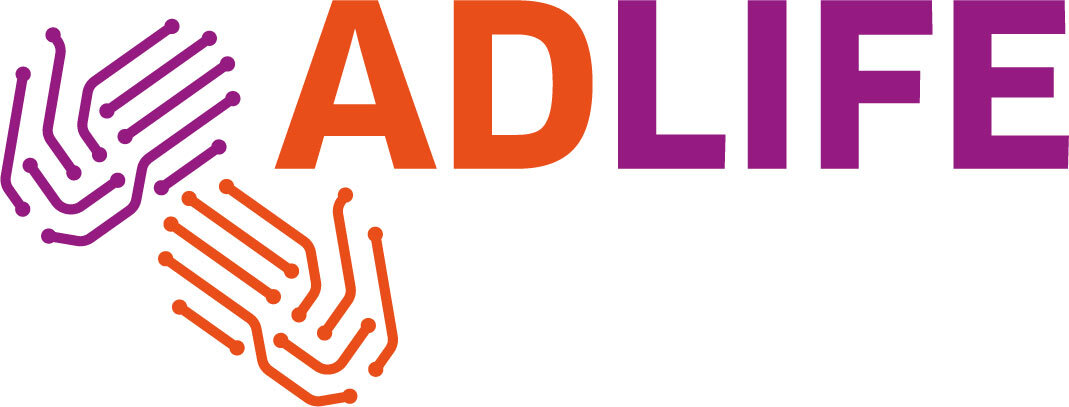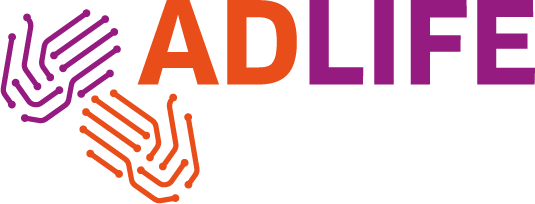Care Planning for Chronic Diseases in the ADLIFE Project
This is Carers Week (7-13th June) in the UK – an annual event aimed at raising the awareness of caring, highlighting challenges faced by carers and recognising the enormous contribution carers make to families and communities. It also helps those who don’t think of themselves as having caring responsibilities to identify as carers and so access much-needed support. You can read more about Carers Week here.
In the ADLIFE project, we are developing the ADLIFE ICT Toolbox to allow patients with COPD and Chronic Heart Failure to remain independent for longer in their own home and community settings. This user-friendly digital tool – we refer to this as a daily digital assistant - will support patients and their caregivers to better follow up on medical instructions and communicate more easily with their health care teams.
As it is Carer’s Week in the UK, one of our technical partners, SRDC tell us a bit more about the Patient Empowerment Platform (PEP) and how it will support patients and caregivers in the ADLIFE Project.
SRDC are a Research and Development company in Turkey who build standard-based and practical eHealth applications. The team has extensive expertise in large-scale software development, interoperability standards and enabling technologies, semantic Web technologies, interoperability solutions for e-health, e-government and e-business domains, data analytics, conformance and interoperability testing, and mobile application development. Read more about SRDC.
Here, Gökçe Banu Laleci Ertürkmen, Mustafa Yüksel and Mert Başkaya from SRDC tell us more out the PEP:
SRDC are developing two platforms in the ADLIFE technological architecture: The Personalized Care Plan Management Platform (PCPMP) (which will provide information to and be accessed by healthcare professionals) and the Patient Empowerment Platform (PEP) which will be used by patients and informal care givers and empower them to be more actively involved in their chronic disease management care and processes.
Carers were involved in the requirements gathering phase to develop the PEP and once the initial version is ready, they will also be involved in usability tests to fine tune the final version. The PEP will inform, educate, and guide patients and their informal caregivers about their active care plan and support them to be active participants of their care planning activities. Through the PEP, patients and caregivers can easily review their care plan in detail, be reminded about the activities they need to carry out and review education materials related to their chronic conditions. The messaging component and the forum will enable carers to stay connected with the clinical team as well as with other carers, obtaining support from those coping with similar challenges.
We know that chronic conditions necessitate continuous and complex management and patients’ treatment requirements can change over time. Changes like these require continuous decision making and adjustments and providing support to informal caregivers as well as patients themselves is essential. Because ADLIFE will facilitate two-way interaction between the healthcare professionals and patients and their caregivers, our ICT Toolbox will provide a more active role for patients and caregivers in the management of their own health, promoting shared decision-making and individualised adaptive interventions.
At the moment, content and design of the PEP is being finalized and we look forward to sharing more about its progress with all of our followers soon – keep checking back for more ADLIFE Project updates.



